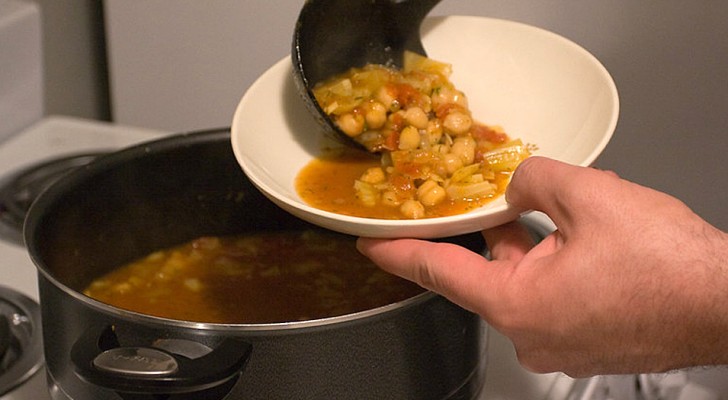Four very common foods that can hide pitfalls for our health
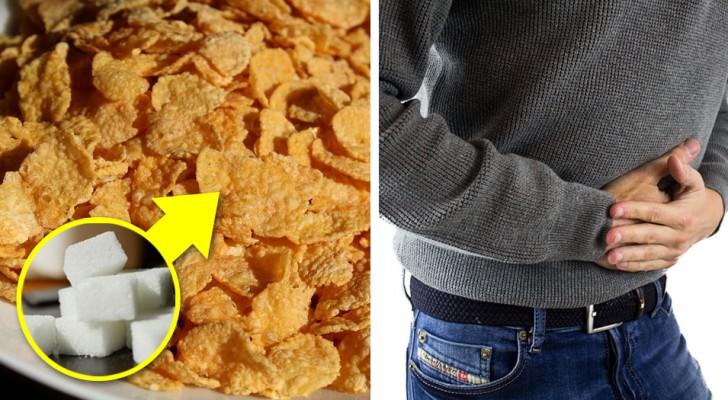
Having a healthy lifestyle is a goal to achieve starting, first of all, from the food we eat. We are truly the result of what we eat.
Even though we are now quite knowledgeable and aware of what is healthy and harmful to our health, we must keep in mind that even seemingly harmless foods can hide some pitfalls for our well-being.
You will probably be surprised to find here below foods that you thought were good and did not create any health problems.
What we take for granted is not always true, just as we also cannot take what advertising and marketing campaigns disseminate about their products as the absolute truth.
Consequently, perhaps, it is time to rethink some of our eating habits! Let's see why.
1. Crab sticks
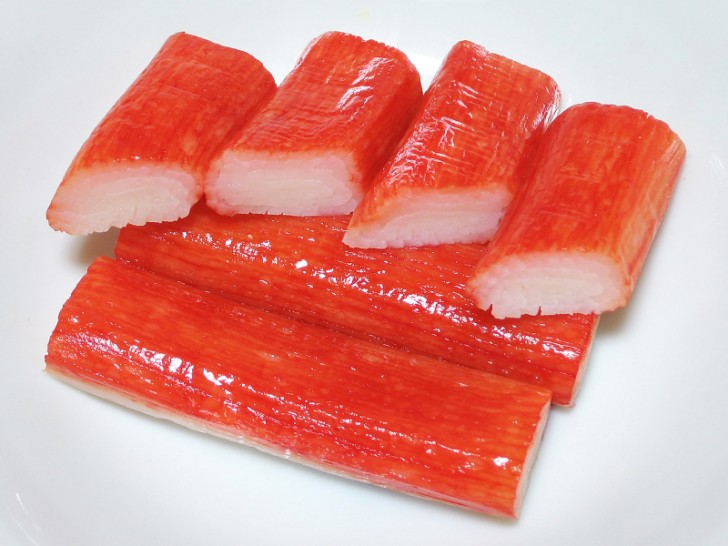
How many times have we put crab sticks in our salads or used them to enrich fish dishes? In reality, these sticks have almost nothing to do with crabs.
In fact, in the "best" of cases, it is fillet puree of white fish, but it can also be replaced with gluten, starch or even egg whites.
It is a food that contains a great quantity of sugar, artificial aromas, dyes, and flavor enhancers, such as monosodium glutamate. All elements that certainly do not help one maintain a healthy diet ...
2. Corn flakes
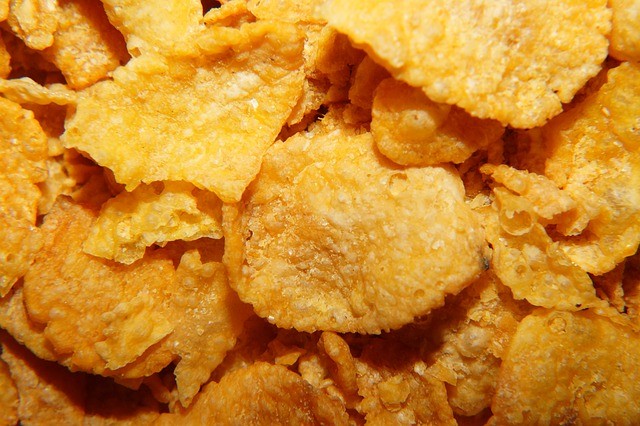
We have often heard that a breakfast composed of a big bowl full of corn flakes with milk is very healthy, rich in fiber, and vitamins. The increase in the consumption of this food product in many countries around the world is massive.
Attention! Nevertheless, corn flakes are not really so ideal for our well-being and we need to understand where the marketing tricks end and where reality begins.
In fact, the corn "flakes" are often fried with sugars and oils that are certainly not good for our diet, as are also not healthy the various added preservatives.
3. Black olives
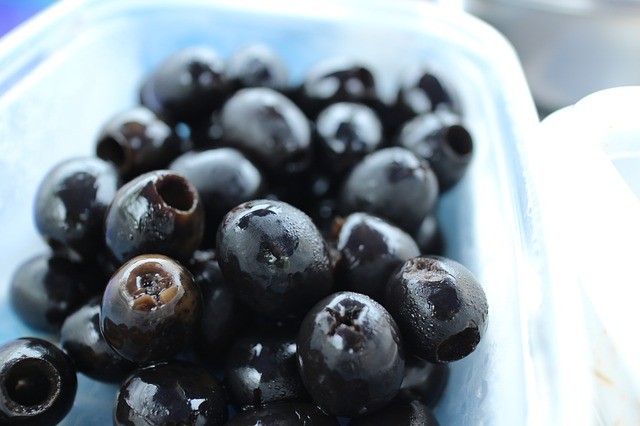
Let us immediately clarify that olives, by themselves, do not represent a danger to our health, unless - but this is true for all food - their consumption is abused.
The problem with so-called "black olives" is that they do not exist in nature. At most, we can find varieties of dark brown or purple-tinged olives.
Therefore, black olives are often green olives that have been "colored" with specific substances, such as ferrous gluconate. This is not a dangerous component, but it is still a compound which is better not to eat in exaggerated quantities.
4. Grapes
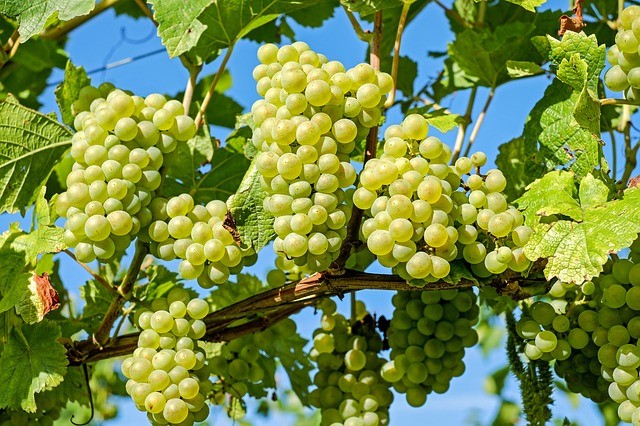
We know well that when we buy fruit, it is always better to prefer the ones that are in season. An early seasonal fruit that we know to be typical of the time of year that we are experiencing is certainly healthier than the ones that we find in supermarkets in all seasons.
Almost certainly, any fruit that is out of season has been treated with antioxidants or grown in a greenhouse, to guarantee its maintenance. This is the case with grapes.
In fact, the delicious berries (yes, grapes are classed as berries!) that we enjoy in autumn have a short duration. If the grapes, we buy do not spoil within two or three days, it is very likely that they have undergone chemical treatment.




